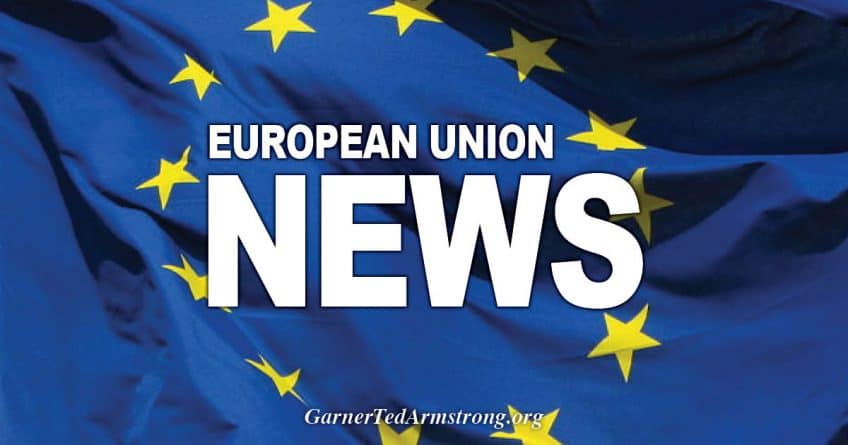Foreign mobsters, illicit weapons, and drugs could enter the EU on the back of the Ukraine war posing a threat to law and order in the bloc.
“The heads of criminal organisations could take advantage of the situation to enter the Schengen area [an EU passport-free travel zone],” the French EU presidency warned in a memo last Thursday (31 March).
“The war is conducive to the circulation of weapons, some of which could enter the European Union to be used for criminal purposes,” the French threat assessment said.
The infiltrators could include “terrorists, who may use falsified identity documents,” it said.
“There is a risk that the flow of drugs to the EU will increase via Ukraine,” it added, noting that “Ukraine is a country with a high incidence of heroin use (the third most prevalent drug)” and “a transit country for heroin from Afghanistan and for heroin substitutes”.
“Belarus, which has in the past threatened to suspend measures to combat drug trafficking to the EU, and Russia are also transit countries for Afghan drugs (heroin, opium and even methamphetamine) and for the production of synthetic drugs,” the French memo also said.
The fears arose after 4 million people, mostly women and children, entered the EU from Ukraine in the past six weeks — an exodus of historic proportions which dwarfs the migration crisis of 2015, when 1 million people came, and which has left European authorities struggling to ID and register all those coming in.
Those most at risk of a related crime wave were Ukrainians, especially Ukrainian minors and war-orphans who were in danger of sexual exploitation or forced labour in Europe.
Europol, the joint EU police agency, sent eight officers to Slovakia, two to Poland, two to Moldova, and one to Romania in March to gather information on the criminal activity.
Frontex, the EU’s border control agency, has also sent 285 officers to the region to better control who is coming in.
EU police forces plan to do joint operations to catch crooks and to share information on the developments.
And the EU Commission is putting up €499m to help member states pay “for the protection and surveillance of external borders,” from its so-called Border Management and Visa Instrument, another French EU presidency memo, dated 25 March, said.
Meanwhile, Estonia, Latvia, Lithuania, Poland, and Slovakia have seen a spike in malicious attacks on digital infrastructure since the Russian invasion, France said.
But “it is not yet possible to establish a causal link between the war in Ukraine and these attacks,” France added.
The war was also likely to increase cigarette smuggling and trafficking in false documents, see the rise of new exfiltration networks for Ukrainian men refusing general mobilization, and increase demand for money-laundering, France said.
“Online fraud schemes (fraudulent e-mail and calls for donations),” were an associated problem, it said.
Source: https://euobserver.com/world/154642
[Disclaimer]








